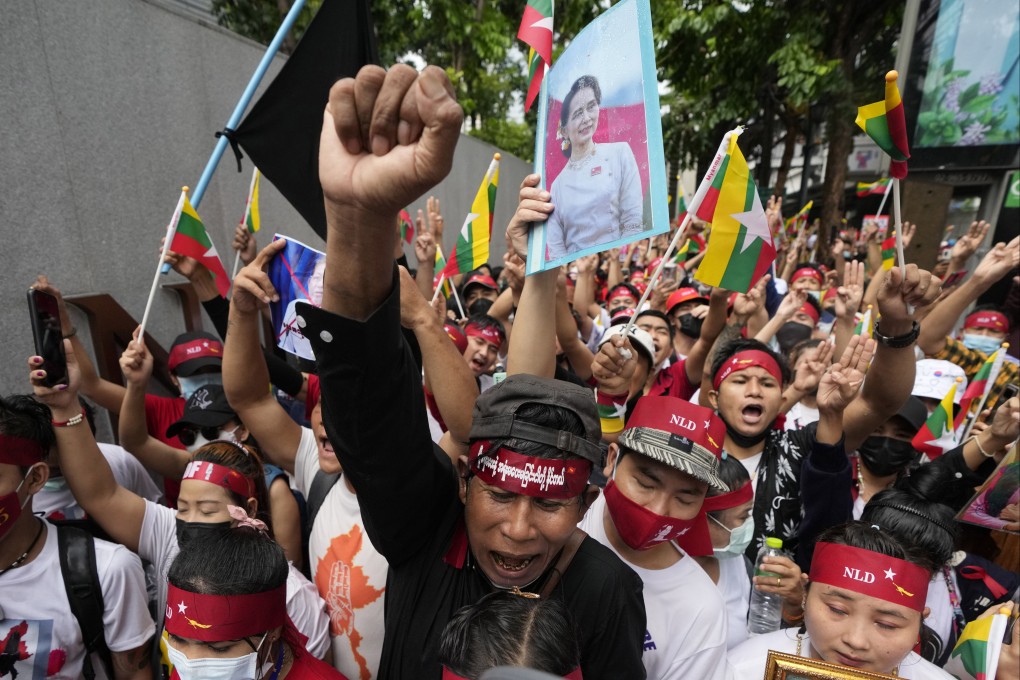Advertisement
As I see it | Myanmar’s executions were a slap in the face for China. It’s time to ‘speak in one voice’ against the junta
- By putting four activists to death, the generals ignored Chinese Foreign Minister Wang Yi’s recent calls for reconciliation and rational consultation
- In doing so, they put Chinese economic interests in Myanmar at greater risk. Beijing should respond by using its leverage – and censuring the junta
Reading Time:2 minutes
Why you can trust SCMP
12

China may have publicly said that it would not interfere in the internal affairs of Myanmar after the junta confirmed this week that it had executed four democracy activists, including a former MP.
But Beijing could have registered its displeasure with the military regime for disregarding Chinese Foreign Minister Wang Yi’s calls to seek political reconciliation.
It could have also expressed its unhappiness with the generals for further threatening Chinese economic interests in Myanmar by escalating domestic civil tensions.
China’s Foreign Ministry did neither, responding to Washington’s calls for Beijing to put pressure on the junta by emphasising its adherence to the “principle of non-interference” in other countries’ internal affairs.
Advertisement
But privately, Beijing must surely be incensed that instead of heeding Wang’s calls to hold talks with the political opposition, Naypyidaw murdered four of them.
In doing so, the junta effectively closed the door on the “rational consultation” and “political reconciliation” that China’s foreign minister had urged just a few weeks earlier.
The executions came less than a month after Wang had become the highest-ranking Chinese official to visit Myanmar since the military seized power in February last year – a move widely seen as Beijing offering the junta recognition.
Advertisement
Advertisement
Select Voice
Select Speed
1.00x

